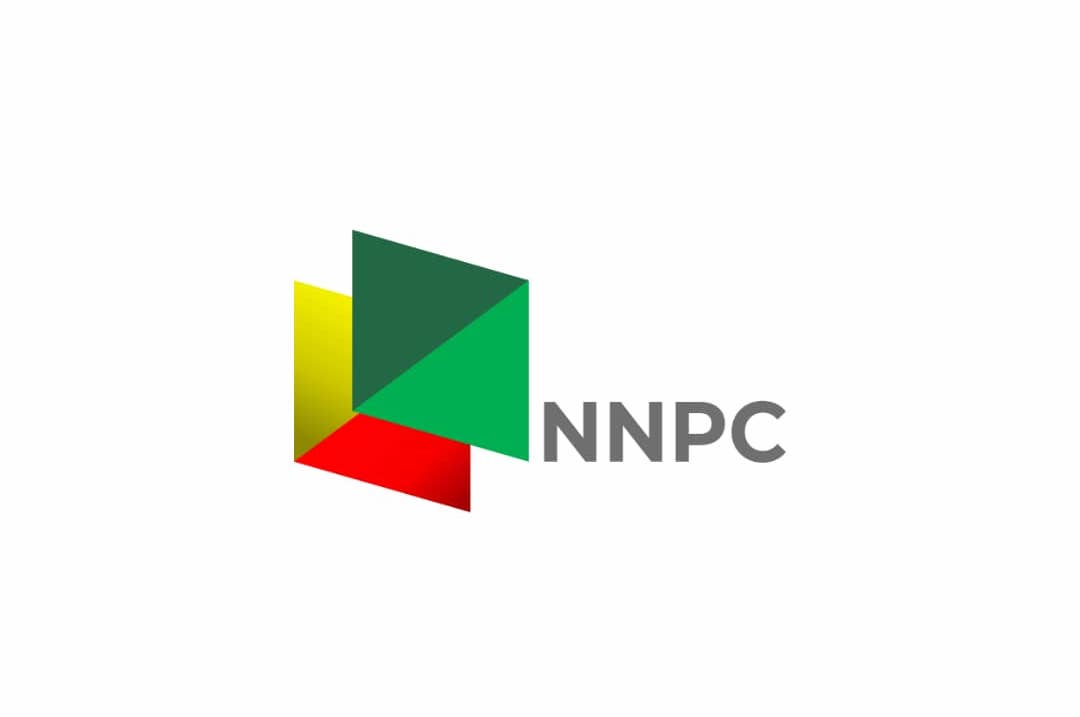
The Federation Account Allocation Committee (FAAC) shared a record total of N18.54 trillion to the federal, state and local governments between January and October 2025, marking the strongest revenue distribution in recent history.
Analysis of monthly FAAC releases from the Ministry of Finance and Office of the Accountant-General confirmed a steady climb in revenue distribution through the 10-month period, reflecting rising statutory inflows.
Checks by THISDAY showed that the revenue for the 10 months has already surpassed that of the whole of 2024 by over N3.2 trillion, a total which the Nigeria Extractive Industries Transparency Initiative (NEITI) recently put at N15.26 trillion for last year.
In March this year, NEITI said the disbursements for 2024 represented a historic high in revenue distribution and a 43 per cent increase compared to the previous year, 2023.
NEITI attributed the surge in revenue disbursements to sustained fiscal reform policies of the federal government, especially the removal of fuel subsidies and foreign adjustment exchange rate policies which has continued to impact positively on oil revenue remittances.
However, this year’s revenue surge has been driven by substantial increase in oil and non-oil receipts, including Value Added Tax (VAT) collections, electronic transfer levies and periodic augmentation approved to cushion fiscal pressures across the tiers of government.
According to the available documents, this year opened with a strong N1.703 trillion, which was shared in January, while February followed closely with N1.678 trillion, amid a slight dip but still above the N1.6 trillion threshold that has so far emerged as the unofficial baseline for 2025.
March saw a further easing to N1.578 trillion, the lowest point of the year, as crude output disruptions and a brief slowdown in tax inflows moderated the distributable pool. Despite that, cumulative revenue in the first quarter remained stronger than the corresponding period in 2024, with the authorities attributing the resilience to improved revenue administration and higher remittances from key agencies.
By April, FAAC allocations resumed an upward trajectory, climbing to N1.681 trillion. The boost came largely from statutory revenue and a rebound in company income tax and petroleum profit tax collections.
Besides, May allocations came in at N1.659 trillion, modestly lower but still consistent with the year’s upward trendline, with attribution to the moderate swings in the second quarter being to seasonal variations.
A THISDAY review showed that the real break in the pattern emerged in June, when FAAC shared N1.818 trillion, driven by a significant rise in statutory revenue and exchange difference inflows. The moment marked the point when the year’s revenue curve decisively tilted upward.
The next four months confirmed this shift, with July seeing allocations hit N2.001 trillion, the first time in 2025 that the disbursement breached the N2 trillion mark. August surpassed that feat, surging to N2.225 trillion, the highest monthly distribution so far and a reflection of both oil-related earnings and expanded non-oil collection efficiency.
In the same vein, September and October sustained the N2 trillion momentum. While FAAC shared N2.103 trillion in September, propelled largely by strong tax inflows and an aggressive drive by the Federal Inland Revenue Service (FIRS) to expand the tax net, October followed with N2.094 trillion, driven by N1.376 trillion statutory revenue, N670.3 billion from VAT and N47.87 billion from EMTL.
According to the federal government , the month also benefitted from improved gross crude oil receipts and exchange gains that helped widen the distributable pool. Taken together, these monthly allocations amounted to N18.54 trillion over the 10-month period under consideration.
By comparison, the entire FAAC distribution for all of 2024 was lower, underscoring the pace at which the federation account has expanded in the current year.
But the surge in allocations has also reopened recurring questions on how effectively governments deploy shared revenues, because as FAAC releases are rising sharply, the fiscal pressures confronting states remain equally significant, especially with rising wage bills, debt service obligations and mounting infrastructure demands.
For instance, according to new data from BudgIT’s ‘2025 State of States’ report, the federating units in the country owe contractors and retirees a combined N1.06 trillion in outstanding obligations. BudgIT stated that contractor arrears amounted to N434.87 billion, while pension and gratuity arrears stood at N626.81 billion, bringing total unpaid obligations to the over N1 trillion mark.




